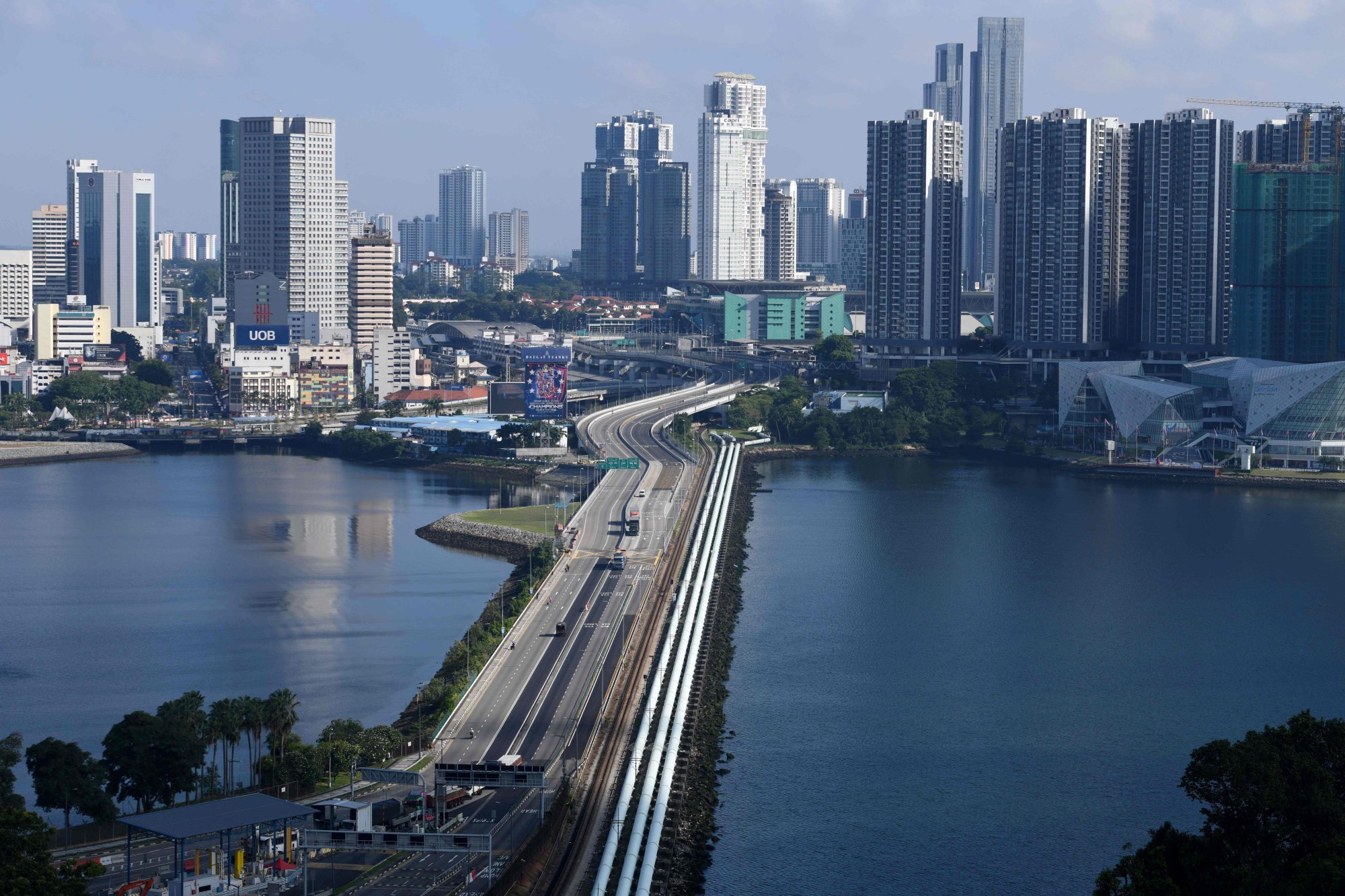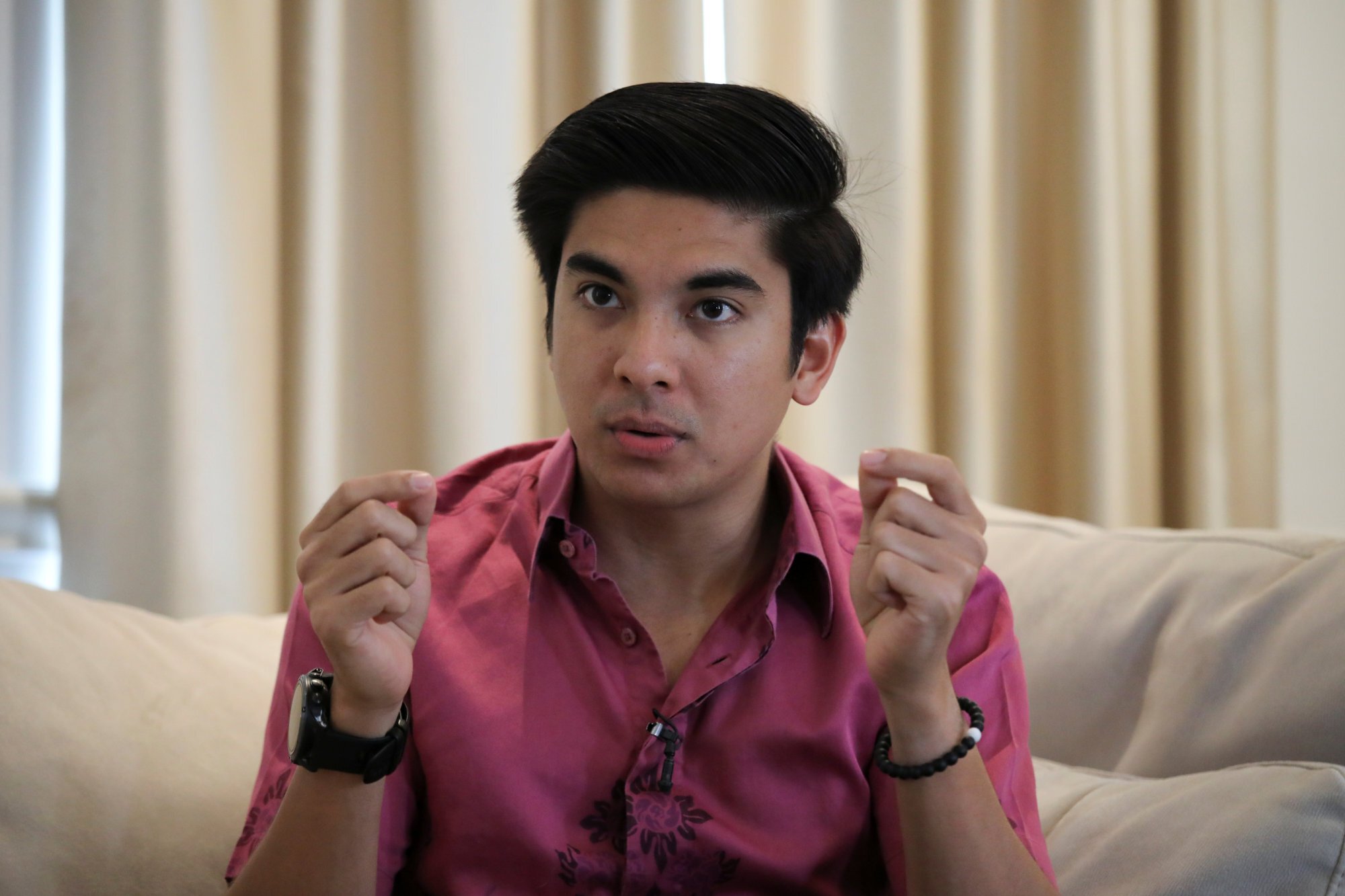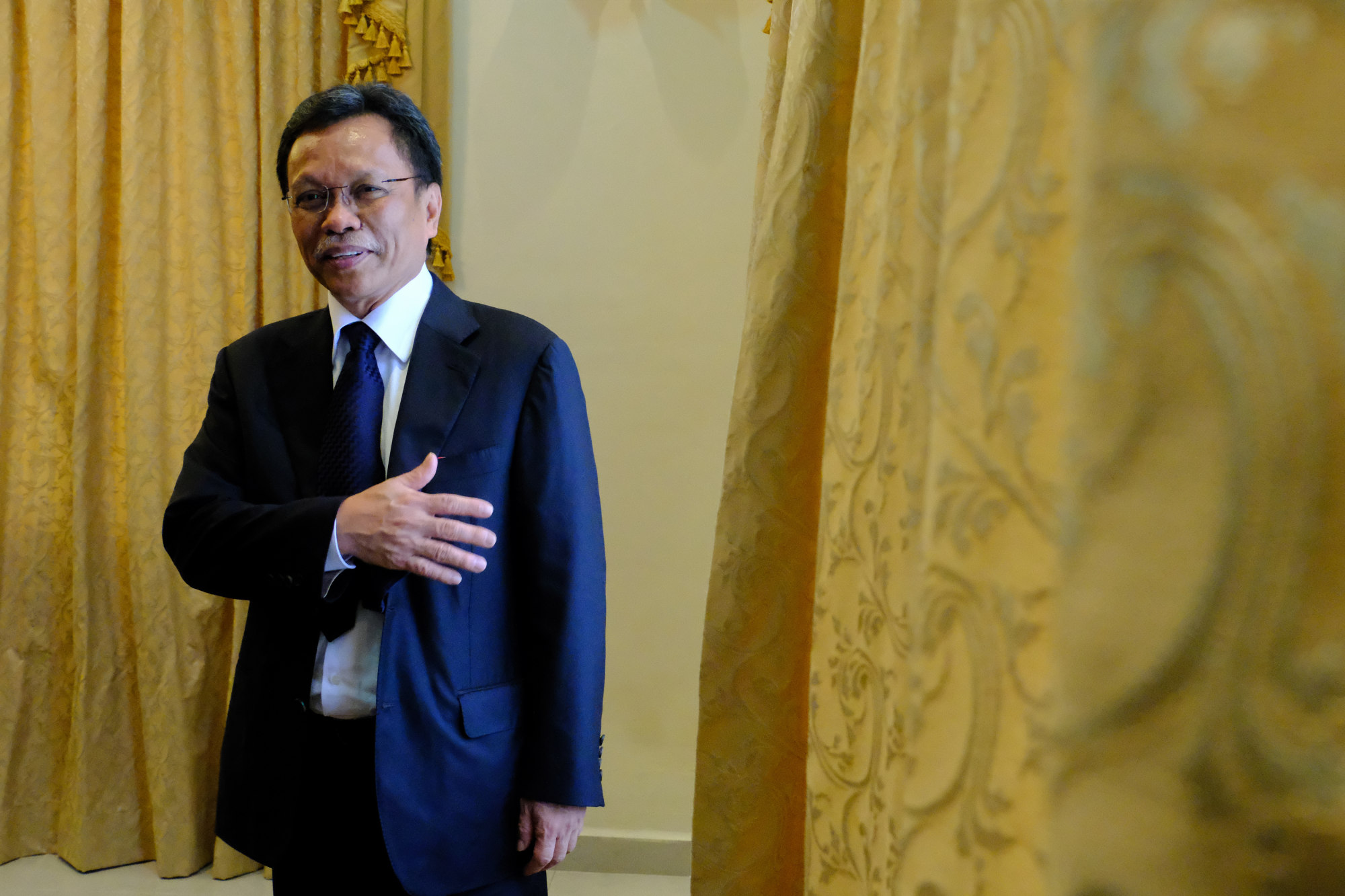
Will Malaysia’s Johor polls herald the start of a new opposition front?
- The PN ruling coalition is unlikely to retain as many seats as before while the PH is losing ground and the BN’s fortunes could improve
- A new alliance between MUDA, Pejuang and Warisan looks to be taking shape even if it won’t be tested at the March 12 election
The political battle will test traditional alliances and could herald the formation of a new opposition alliance.
Three political parties created over the past five years, namely Warisan, Pejuang and the Malaysian Democratic Alliance (MUDA) are attempting to form a new coalition as an alternative to the Pakatan Harapan (PH). PH, the previous ruling coalition that became the opposition in 2020, has faced leadership problems and a lack of internal reform that has frustrated their supporters. The subsequent entry of the three political newcomers now creates the perfect conditions for the emergence of a new front.
The state polls in Johor will thus help build momentum for a new coalition, as it will deepen the widening disconnect between the PH leadership and their support base, while highlighting the weakness of the current Perikatan Nasional (PN) ruling coalition.
PH and PN are likely to face a different outcome in this election. In the last General Election in 2018, the DAP – one of the PH’s component parties that also comprises the People’s Justice Party led by Anwar Ibrahim and the Islamist reformist National Trust Party (Amanah) – won 14 seats in Johor, the most by any party.

But the relationship between the three major members of the PH has been deteriorating since 2018. Chauvinistic racial rhetoric by DAP leaders has also put off many Malay voters. For many Malays, the Chinese-based party remains a threat to their political dominance.
The presence of a strong Malay leadership in the coalition in 2018 had a reassuring effect for the Malay base of PH.
The other opposition group – Barisan Nasional (BN), which has some members holding positions in the federal government – is led by Umno (United Malays National Organisation), which has seen a revival in its political fortunes in recent months. The political mess that PH and PN find themselves in will certainly be beneficial to the BN.

The emergence of the new front – even if it will not be tested at the polls until it is formalised – will be interesting to watch for how it nips at the heels of the country’s political titans.
Two politicians have been at the forefront of this effort – politician Shafie Apdal, and his younger counterpart Syed Saddiq. Both have sent several clear signals revealing their intention to create an alternative to PH in its current formation.
Shafie Apdal is the head of Warisan, a Sabah-based party that he helped establish in 2016, which he brought to national prominence in December.
Syed Saddiq, one of the youngest ministers in Malaysian history, formed MUDA in 2020.
The former Bersatu icon left after the resignation of Mahathir and made the move to form his own party.
The party’s political messages target the massive influx of first-time voters thanks to the lowering of the voting age from 21 to 18 in December.
Will Malaysia’s latest state poll grant Najib a ‘get-out-of-jail’ card?
Both parties have often been rebuked by their detractors for not being credible enough to convince the peninsular voters, or too inexperienced in the case of MUDA.
Many believed MUDA would not survive, but it did, despite the obstacles imposed by the administration delaying their registration.
MUDA could potentially tap into a huge pool of new voters. Malaysian politics remains patriarchal and feudal, and the other traditional parties’ structures have not offered much to young leaders and voters.
Shafie has been spouting the same motto – “The wind comes from the East” – since his party spread its wings to Peninsular Malaysia.

Shafie is considered a Bumiputra, a political constructed category that encompasses the Malay majority together with other non-Malay Muslim and non-Muslim indigenous, but he belongs to the Bajau community of Sabah.
The Bajau have been marginalised and are too often wrongly depicted as Filipino migrants unworthy of Malaysian citizenship.
In fact, the Bajau are a coastal and maritime community spread throughout the China Sea. They belong in Malaysia, as much as they belong to the entire coast bordering the China Sea.
With the country’s older generation of opposition leaders Mahathir, Anwar, Lim Guan Eng slowly losing their grip, their relevance, or their appeal, the emergence of a new party that appeals to a new fringe of voters could be a game changer.
Both Syed Saddiq and Shafie represent a winning combination for the international community and their representatives in Kuala Lumpur, as they speak to and for a segment of the population usually marginalised from political discourse.
For that same reason, both parties need to ensure that Pejuang does its part by bringing in other Malay voters from Bersatu or Umno. So far, Pejuang has had very limited success, but the biggest problem it faces is the question of who will take over the reins of leadership from the iconic Mahathir.

An alliance with Amanah could help the trio, but that seems like a remote possibility at the moment.
Despite offering an alternative choice for voters, the new alliance would resemble so many other Malaysian parties, mostly run by men.
The blatant absence of women in the top leadership is mind-blowing for parties that claim to embody a new voice of reform and inclusivity.
In an interview with this author, a top leader of Warisan explained the lack of women in leadership roles. He said: “We have tried but women are too emotional, they can’t take the pressure.”
PH’s loss of popularity will certainly trigger the question of a possible alternative, beyond the alliance. Whether the solution is Warisan-Pejuang-MUDA remains to be seen. The real game changer for a new alliance would be to be truly inclusive, at last.

